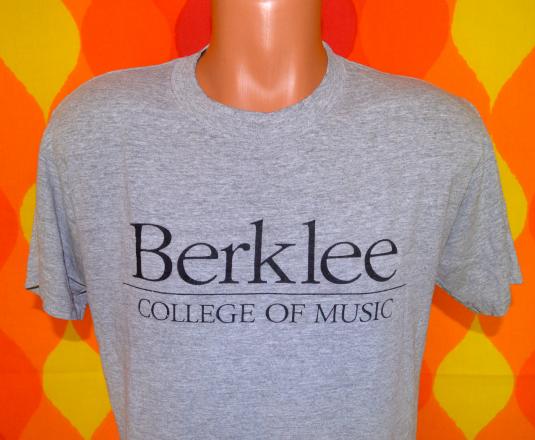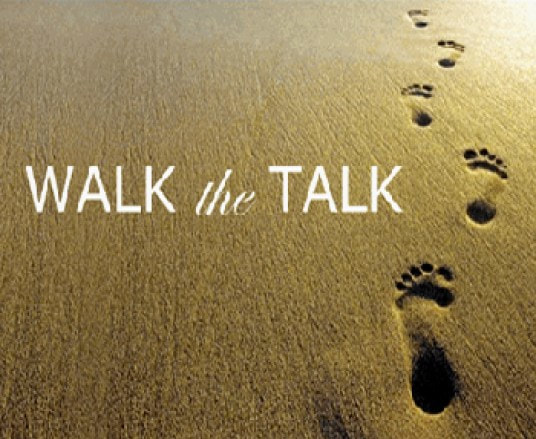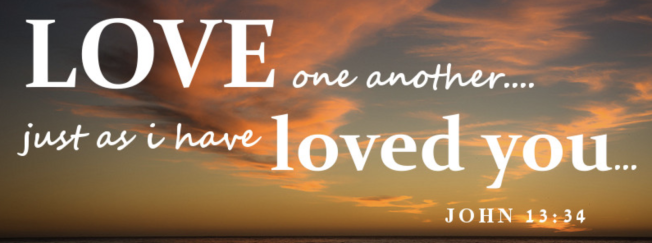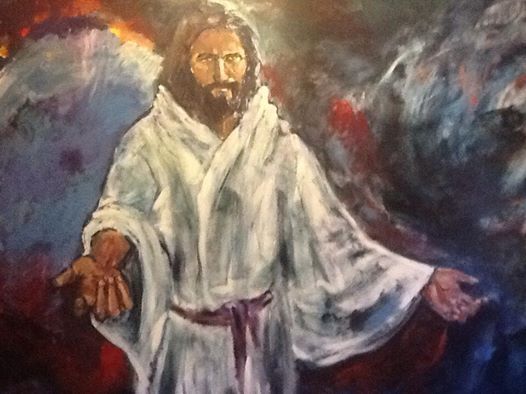|
“May the words of my mouth and the meditation of our hearts be acceptable to you, O Lord, my rock and my redeemer.” (Ps 19:14) Many, many years ago I was a parent chaperone on my daughter Kristin’s school trip to the Museum of Fine Art in Boston. For lunch we walked over to a small pizza shop on Boylston Street. Almost right next door was the bookstore for the Berklee College of Music. I love music, but am not at all musical. So as a joke I went into the bookstore and bought myself a Berklee teeshirt. One day I’m wearing the shirt out with a friend. We’re at the Tavern Restaurant in Westfield. On the weekends they bring in musicians to play. I’m sitting at the bar with my friend having a bite to eat and one of these musicians notices my teeshirt. He asked if I went to Berklee. I didn’t want to tell him that I was a local pastor sitting at the bar with my friend so I agreed with him, that yes, I attended Berklee. Now I’ve committed myself to the teeshirt. The musician continues the conversation. He asks what I studied. I didn’t know what to say, but my mother was a classically trained vocalist, so that’s what jumped into my head. Next thing I know this guy is asking me to come up and sing at the Tavern Restaurant with him – right then, right there. My friend who knows I can’t carry a tune for the life of me is encouraging all of this: “Sure, Randy, go ahead. Sing.” Well, finally I had to insist that I just wasn’t up to it, but boy that was close. It’s one thing to say that you’re a Berklee College of Music trained vocalist. It’s another to actually be able to sing anything, to get up and just do it. This is my intro to the words of James that were read a few moments ago. James is an enigma of early Christianity. The New Testament gives quite a few clues that Jesus’ immediate family was skeptical of Jesus during His lifetime, and it also gives clues that the James of today’s Epistle is part of that family. Then, after the resurrection they were found among His closest followers. Early Christian tradition holds that James became the first leader of the church that was in Jerusalem. James was not a disciple of Jesus. James was not an apostle of Jesus. But James still became the leader of the most prominent church in the very earliest days of our faith. His is a story of transformation by faith. His is a story not unlike most everyone who would have been a Christian in ancient Jerusalem. There well may have been people in that church worshipping Christ who had been at the Praetorium yelling, “Crucify Him!” Believing in Jesus isn’t defined by the past, it’s defined by how we live now. So when we hear the words of James as written in the Epistle bearing his name, part of which Ed read for us a short while ago, we are hearing the sermons of the earliest church. We are hearing what the very first followers of Jesus considered to be of spiritual importance if you wanted to be a Christian. And guess what? We hear James tell those other first believers as they gathered in some non-descript house somewhere among the winding alleys of old Jerusalem: “Be doers of the word.” Put your faith into practice. Work at it. For people in that church sitting there and listening to the brother of Jesus talking about “Be doers of the word” this was not some abstract teaching. James was emphasizing the work of faith. These were people who may have seen Jesus with their own eyes, who may have heard Him preach with their own ears, who may have witnessed His acts of power, and even His greatest act of power which was the cross and the empty tomb. Jesus was not some theological concept for them. These were people who were eye-witnesses themselves or who knew eye-witnesses. These were people who knew quite well how Jesus lived. They knew the example He had set. And they knew exactly what James meant when he preached “be doers of the word and not merely hearers.” It was the hard stuff of compassion and charity not only in words, but, for example, by actually sharing what little they had with those who had even less. It was the hard stuff of trying to get along peaceably with people, again not only in words, but by reaching out to accept others who acted, looked and thought differently. It was the hard stuff of faith not only in words that sounded good, but by really forgiving each other because they knew what it was to be forgiven. It was trying their best to live the example of Jesus of compassion, respect and inclusion. It was not only wearing a Berklee College of music teeshirt. It was really knowing how to sing. In today’s Gospel, Jesus also talks about the hard stuff of living the faith. He is confronted by Jerusalem authorities. They wanted to know why the disciples weren’t following all of the legalities of religion. You can hear the frustration of Mark the Evangelist as he talks about the rules for washing cups and pots and kettles. Jesus calls these sorts of things “human precepts.” In other words, they’re distractions. They’re not the real work of faith. Instead of these distractions, Jesus warns that faith is about redefining who we are from the inside out. In today’s Gospel, Jesus lists twelve sins, twelve being the symbolic number of completeness, and they all have to do with how we treat each other. These, He says, are the sorts of things that “defile a person.” Not the distractions that religions love to compile, but how we treat each other – this is the work of faith. This is what it means to be “doers of the word.” How we treat each other. This is not only wearing a Berklee shirt, but actually being able to do music. So I can imagine some people’s reaction to this message of be “doers of the word.” They can hear it as Jesus’ insistence to work for social justice. Period. But that’s a misconception of worship, of why we’re here. Worship is not a work of faith. It’s a benefit of faith.
Those very first Christians who were listening to James gathered to support and lift-up each other. I don’t think they could have done it on their own. Church was where they heard the gospel so that they could live the gospel. Church was the community that gave them a reprieve from the harshness and selfishness of the world. Church was an oasis. In times long before church buildings were legal, when Christians gathered it was in homes and it was around humble tables to share in Word and to break bread. That shared conversation of the gospel and that shared meal defined them as family, as brothers and sisters. Now 2,000 years later we continue that tradition. We have shared the gospel and now we will be invited to gather at the Communion Table to break bread with each other and with Christ. And this defines us as brothers and sisters with each and with Jesus. This is the food that gives us the strength to “be doers of the word” in our daily lives. This is where we discover the difference between wearing a Berklee College of Music teeshirt and saying I can sing, and actually being able to sing. So let us gather at the Communion Table to be fed by Jesus so that we can, as it says on today’s bulletin cover, go out and Just Do It! In Jesus’ name we pray. Amen.
0 Comments
Leave a Reply. |
NewsFaith, love and chitchat. Categories
All
Archives
June 2024
Follow
|
|
SERVICE TIMES
Sunday 9:30-10:30am Children Sunday School 9:30-10:30am Nursery care available during worship DONATE Make a single or recurring contribution by clicking here |
FOLLOW
|




 RSS Feed
RSS Feed
